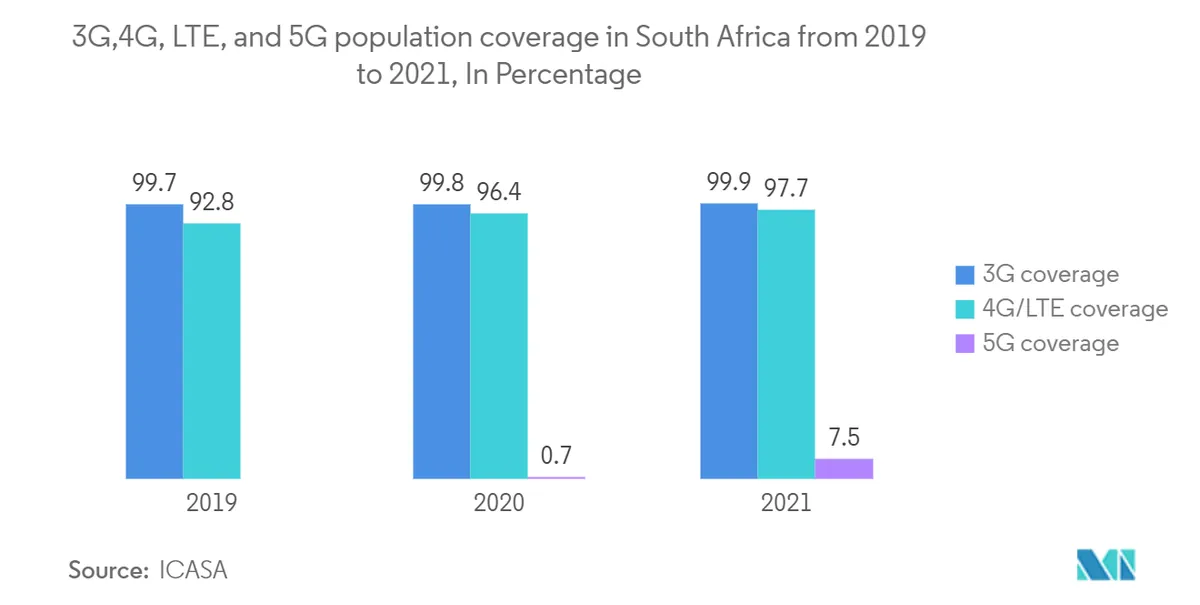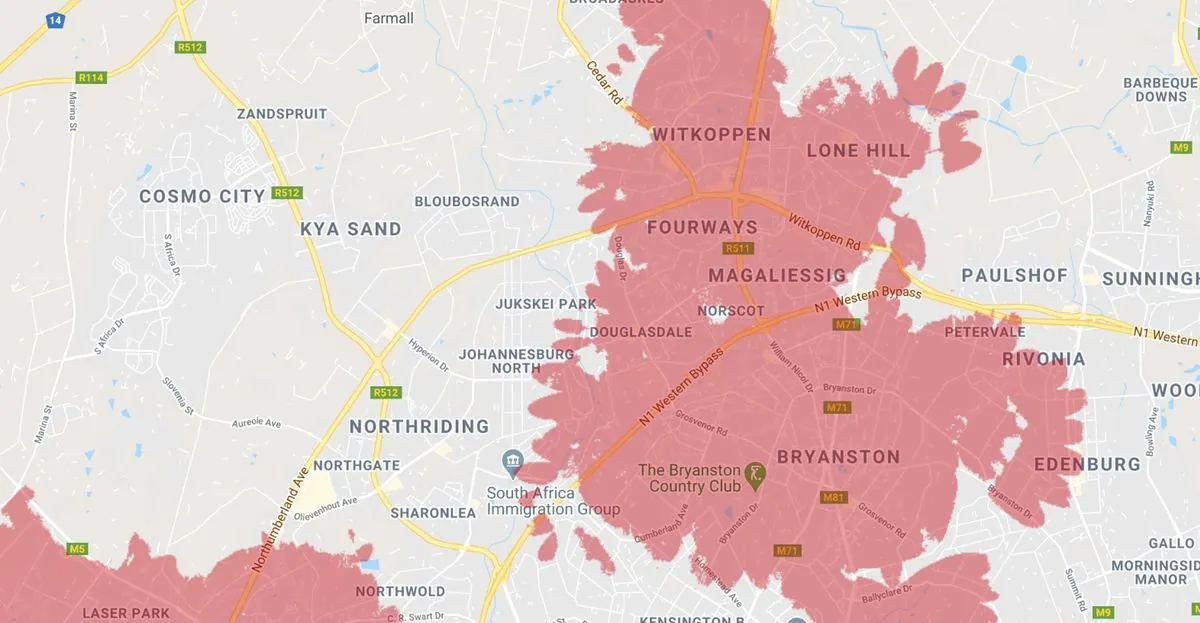South African Telecoms Body Urges OTT Providers to Share Infrastructure Costs
South Africa's telecoms industry seeks contributions from digital content providers for network infrastructure costs. The proposal aims to balance resource use and encourage network investment.

In a significant development for South Africa's telecommunications sector, the Association of Comms and Technology (ACT) is advocating for digital content and service providers to contribute financially to the country's network infrastructure development. This proposal comes as Over-the-Top (OTT) platforms continue to generate substantial internet traffic without directly investing in the underlying infrastructure.
Nomvuyiso Batyi, CEO of ACT, emphasized the dependency of OTT platforms on high-quality, reliable network infrastructure for their success. She stated, "What we're saying is that the OTTs should contribute towards the network upgrades, the network building." This statement underscores the growing debate about the fair distribution of costs in the digital ecosystem.
OTT services, which deliver digital content directly to consumers via the internet, have become increasingly popular in South Africa. The country's internet penetration rate reached approximately 68% in 2023, highlighting the growing demand for digital services. However, this surge in usage has placed significant pressure on existing network infrastructure.

The concept of "fair share" arrangements proposed by ACT aims to ensure that OTT providers contribute to the costs of building, maintaining, and upgrading the infrastructure that supports their business models. This approach is intended to create a balance in resource utilization and provide incentives for network operators to invest in infrastructure improvements.
Major mobile operators in South Africa, such as Vodacom Group and MTN Group, reportedly invest up to 41 billion rand (approximately $2 billion) annually in expanding their networks. This substantial investment highlights the ongoing need for infrastructure development to meet the growing demands of digital services.
ACT's proposal suggests that contributions from OTT providers should be determined through mutual agreements on usage charges. The industry body acknowledges the complexity of calculating these contributions and emphasizes the need for a fair approach grounded in law, commercial fairness, and industry dynamics.
"I think if you're too punitive, you can destroy that whole broader eco-system and there needs to be some share of that investment that is more like operational expenses than capital expenditure."
Ralph Mupita's statement highlights the delicate balance required in implementing such arrangements. He pointed out the tech sector's contributions to sub-sea cable investments around the continent, cautioning against overly punitive measures that could harm the broader ecosystem.
South Africa's telecommunications sector, one of the most advanced in Africa, has been evolving rapidly since the first mobile phone call in the country in 1994. The industry has seen significant milestones, including the launch of 5G networks in 2020 and ongoing efforts to expand rural connectivity and bridge the digital divide.
As the debate continues, it's clear that finding a solution that satisfies all stakeholders will be crucial for the sustainable growth of South Africa's digital landscape. The outcome of this discussion could set a precedent for other countries grappling with similar challenges in the rapidly evolving world of digital communications.


































